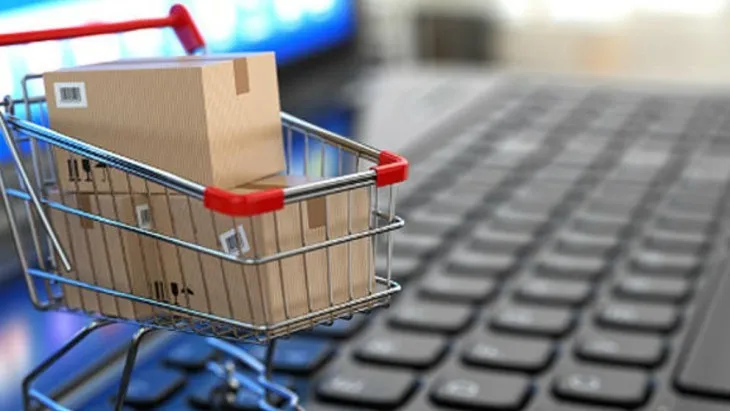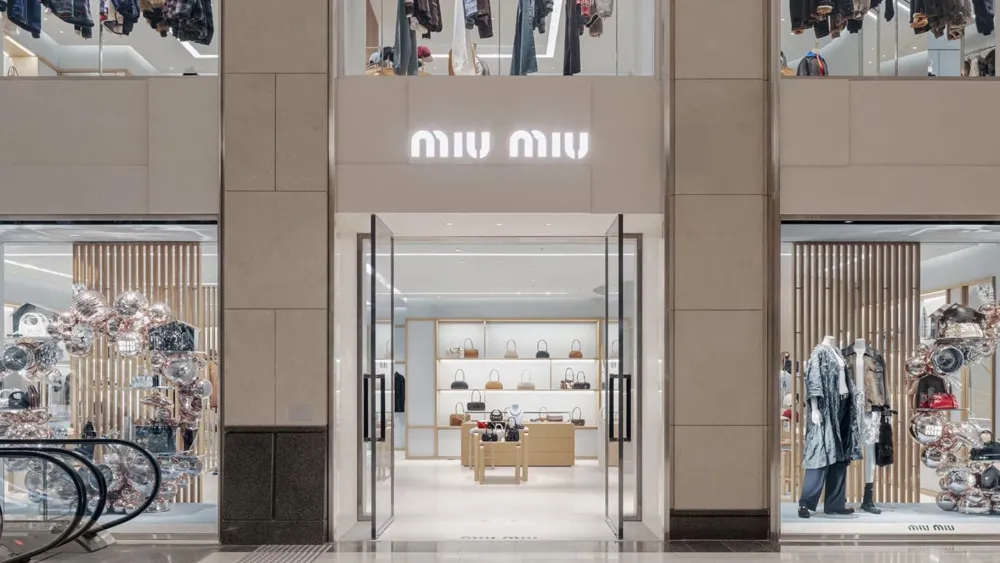
South Korea’s retail sales grow 10.6% YoY in April
Online and offline retailers posted 11%, and 10.2% growth, respectively.
South Korea posted a 10.6% year-on-year (YoY) growth in sales in April, as outdoor activities increase, data from the Ministry of Trade, Industry and Energy showed.
In a statement, the ministry said both online and offline retailers saw growth of up to 11%, and 10.2%, respectively.
The monthly retail sales figure is based on surveys of 25 major retailers, 13 of which were physical retailers (three department store chains, three hypermarkets chains, three convenience store chains, and four super supermarket chains), whilst the remaining 12 are online retailers.
Contactless shopping continued to spread for online retailers but alongside, outdoor activities pushed sales in cosmetics, food, and performance services. Sales of online retailers increased except for home appliances, electronics, and sporting goods.
The “services and others” rose steeply by 24% due to the thriving outdoor activities which include performances, travel and reservation-based purchases. The cosmetics segment was up 18.6%, whilst food products rose 18.1% mainly driven by seasonal fruits and beverages.
For offline sales, department stores, convenience stores and hypermarkets posted growth in sales as the COVID-19 factor diminished, whilst demand for performances and leisure activities rose and spilt over into services and other categories. This also boosted sales in most items except for home appliances and culture.
Hypermarket chains inched up 2.0% despite the decline in the number of customers, with the number of purchases down by 4.1%. The increase in outdoors activities pushed up clothing by 13.2% and miscellaneous goods by 10.8%.
Convenience stores also saw a 10.9% growth in sales in all items as students go back to school, with snacks, stationery, and daily necessities seeing heightened demand and an 11.1% growth..
On the other hand, super supermarket sales dropped by 1.8% with poor sales across most items. Agriculture, livestock and fisheries products were down by 4.5%, and miscellaneous goods by 3.8%, whilst processed food products solely managed to post an increase by 3.4%.



















 Advertise
Advertise







